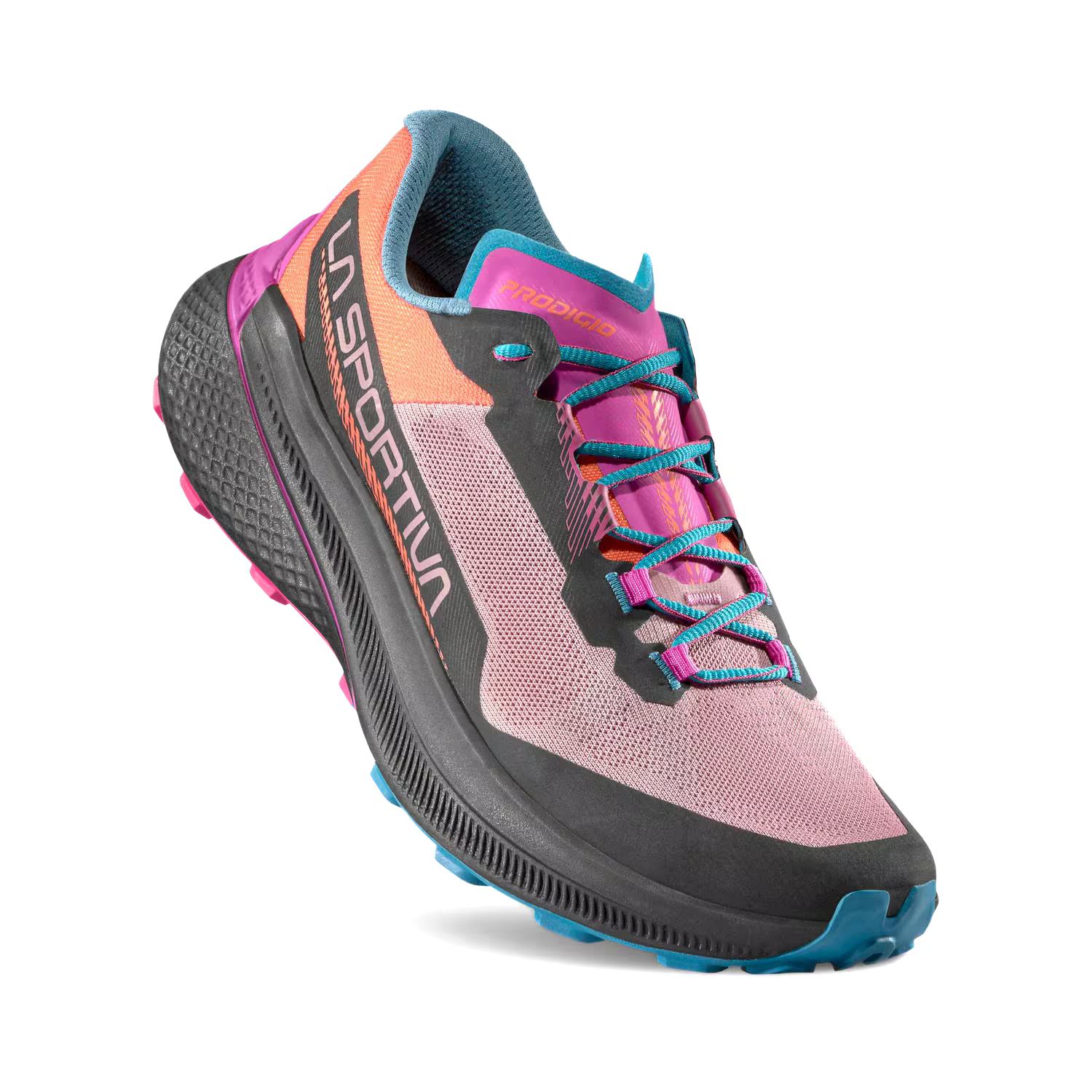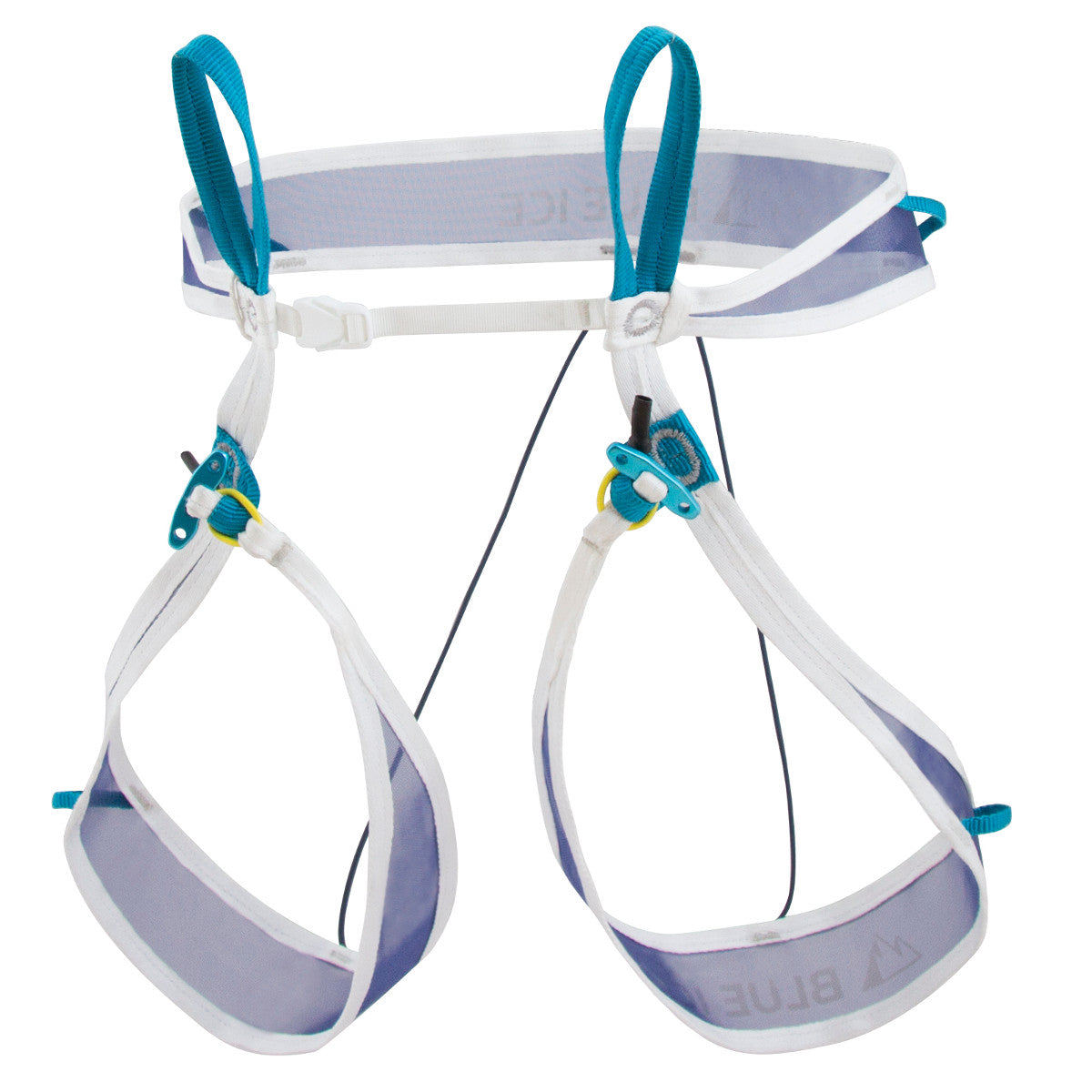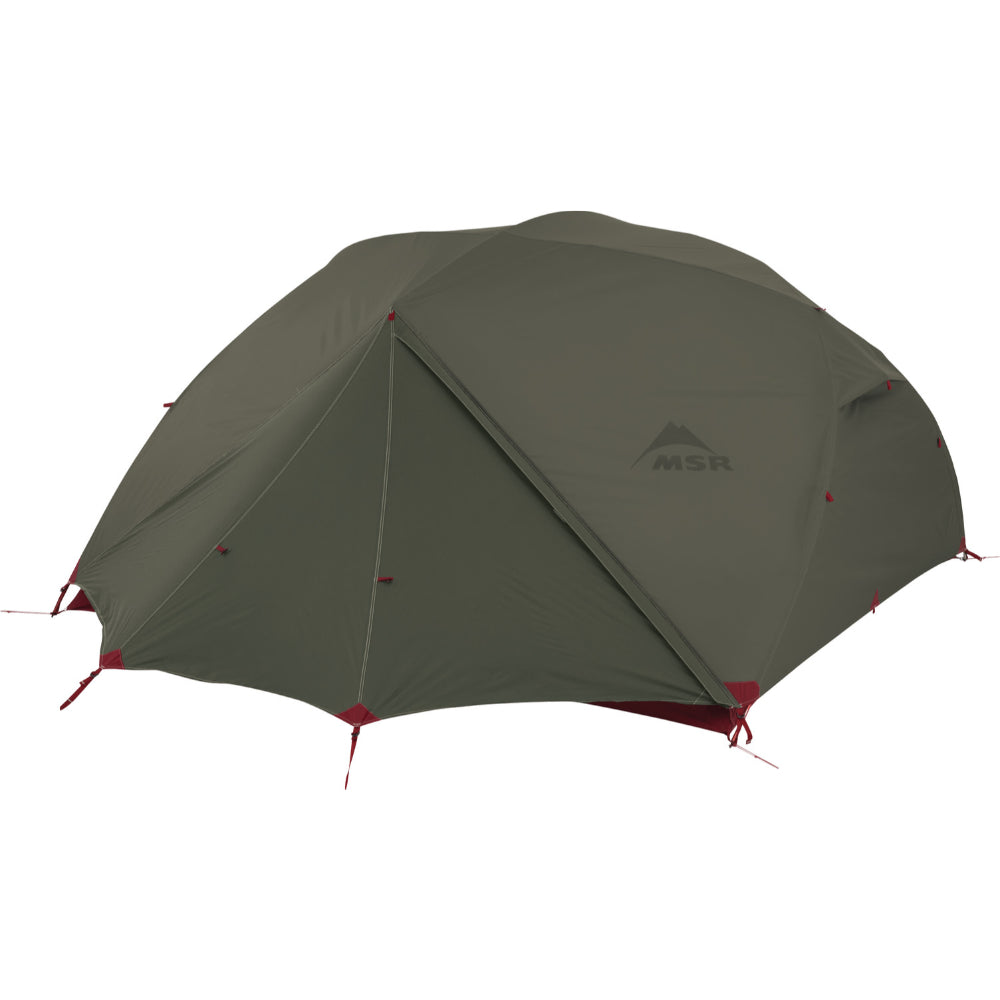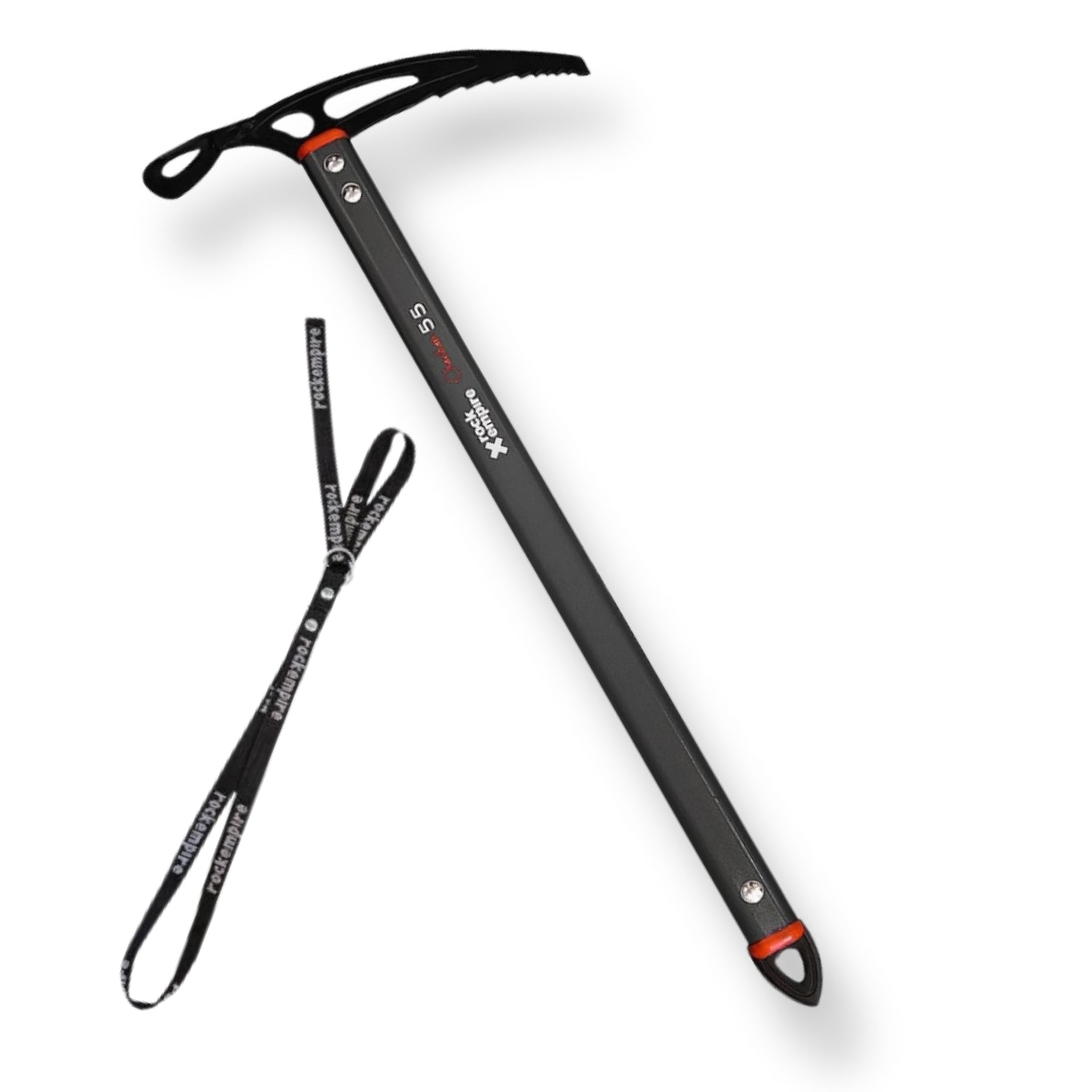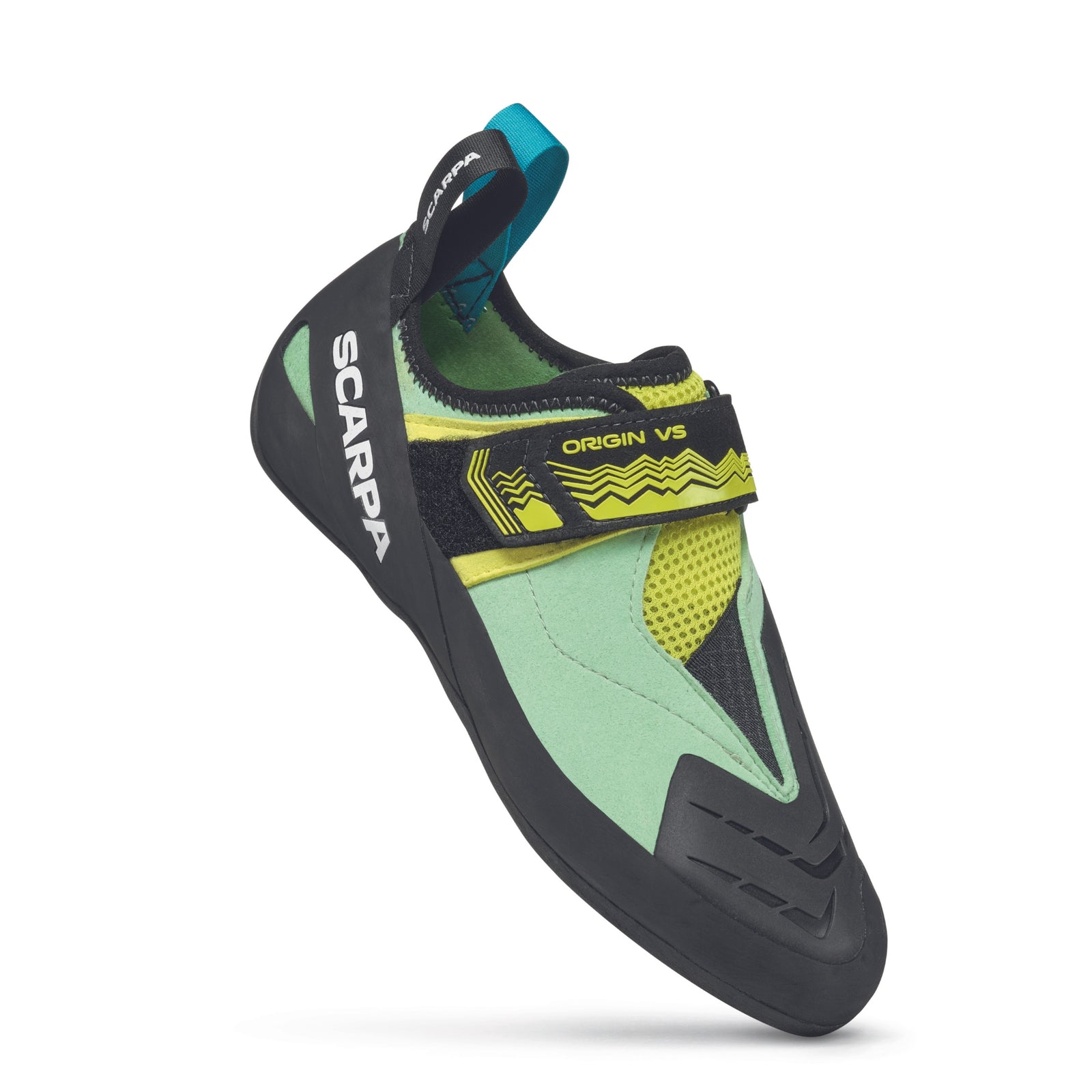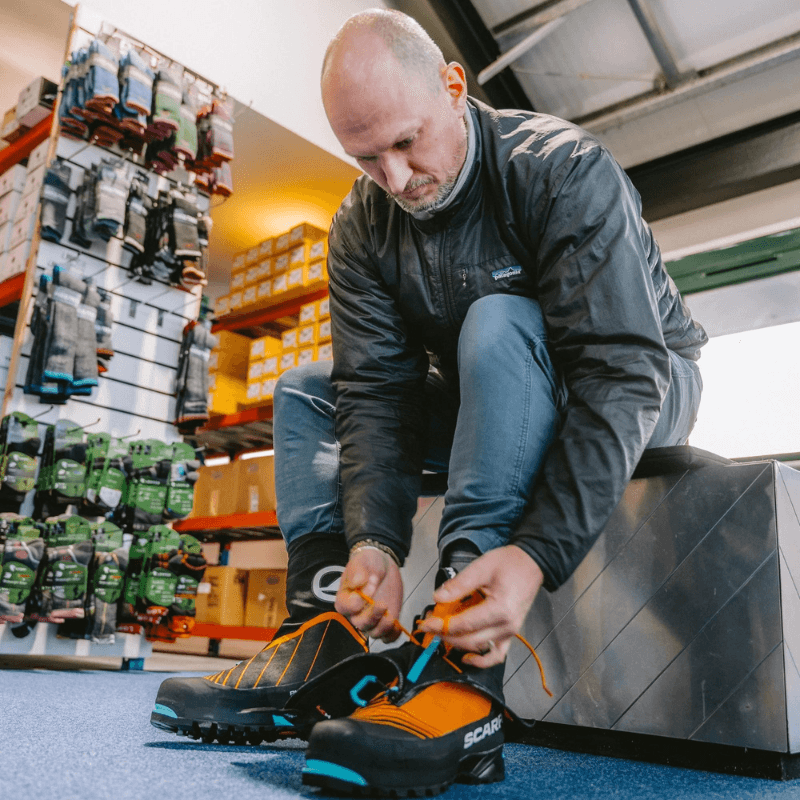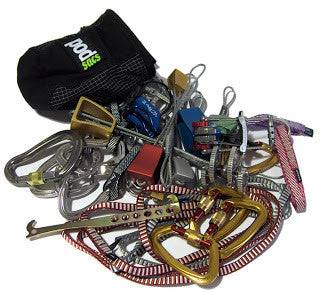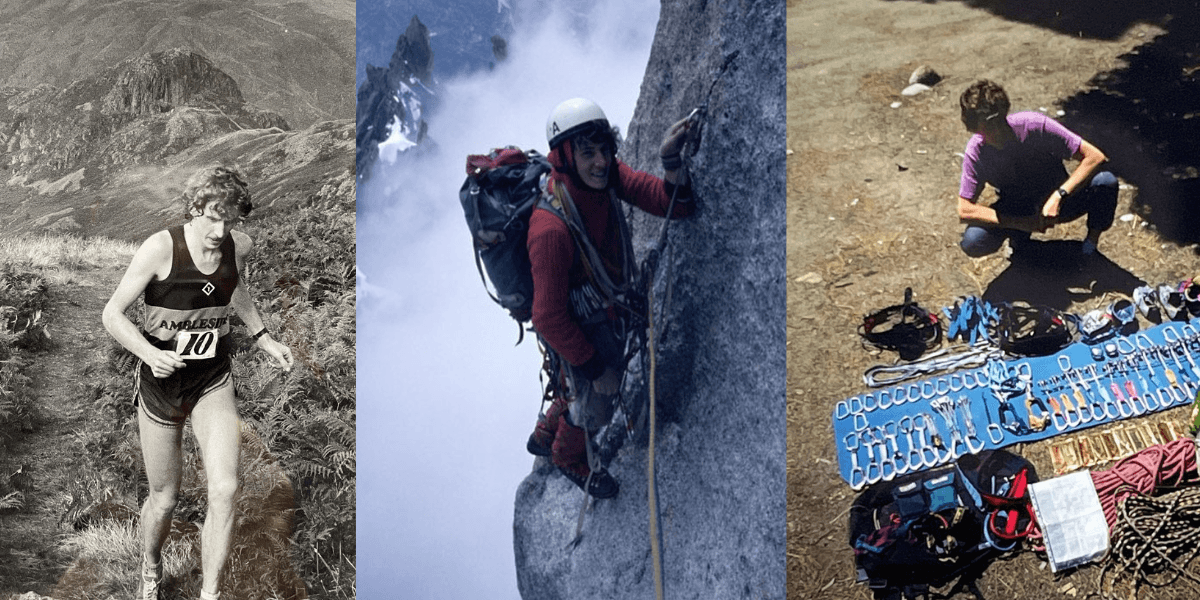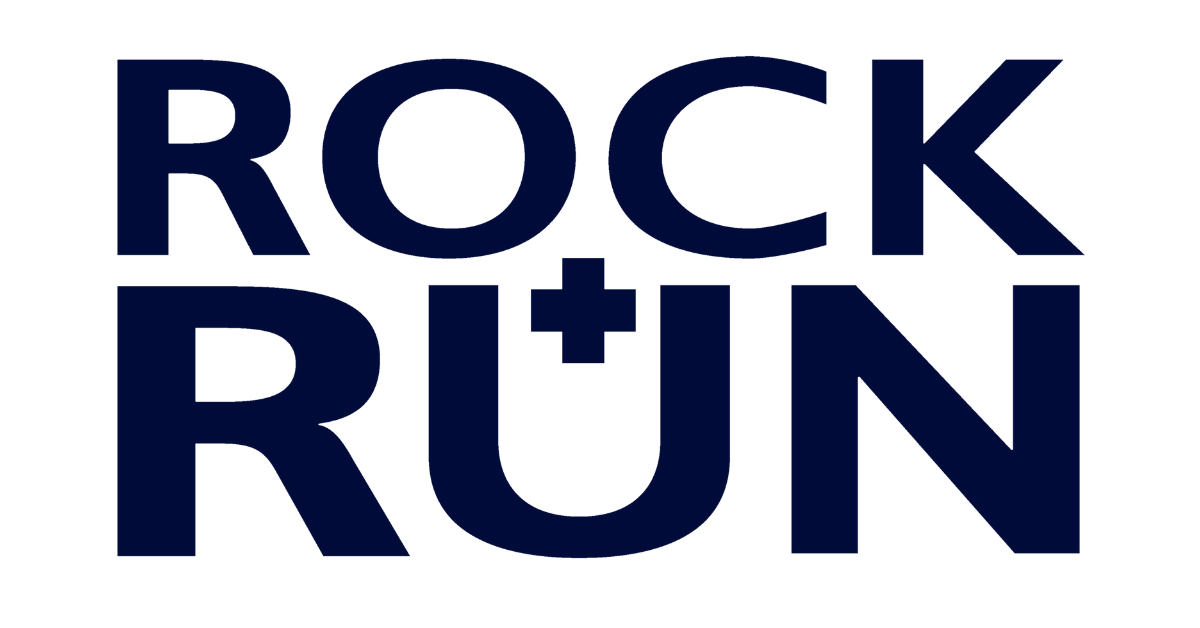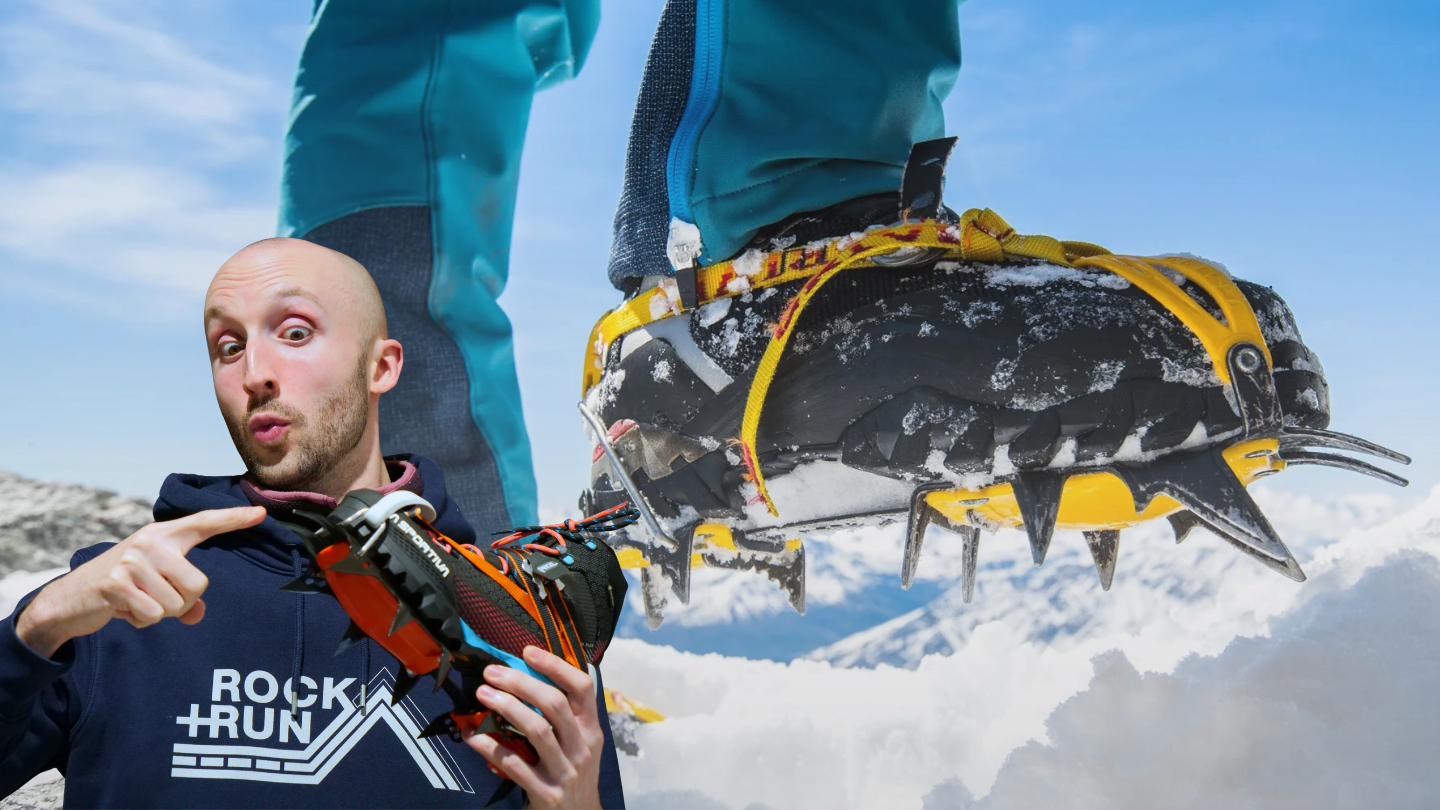By Matthew Foot
A bit of context
Off the back of a couple of successful winter climbing seasons along with increasingly frequenting a nearby dry tooling venue, I decided to indulge in a pair of high-end tools, which would allow me to make the most of the short time I get to capitalise on our fleeting winter conditions, while also helping to improve my dry tooling game. This quickly turned into a drive to pull harder, and among other things be at a level where I could push myself to compete. I was looking for a new set of axes that could cover most bases well, meaning they could hold their own among the various competition tooling axes available, yet would still excel in a Scottish mixed environment. The Ergonomic looked to be that well-balanced tool in an expanding market of high-end axes.
So what follows is a write up of how they have faired so far and my thoughts on one of Petzl's latest offerings. These thoughts are based on an unhealthy amount of time hanging upside down pulling on ice/ resin/ rock and a bit of snow.
What did I think?
Straight away I’m going to say that, from day one, I have loved these axes. I’ve felt very comfortable using the Ergonomic as my go-to Dry tooling and Competition axe.
Petzl have the whole spiel on their product spec that the sharply set back handle is ideal for prolonged hanging, increased power and reduced fatigue – yeah yeah ok but actually, I was pretty stunned to experience reduced pump on routes compared to that of my previous tools.
I’ve always had axes with a setback bottom handle, but the Ergonomics provide an angle that helps maintain a relaxed grip and reduces the impact on the forearms without any hot spots that become uncomfortable during prolonged use. The profile of the bottom handle is slim to promote an open hand grip and has a single trigger rest for increased purchase at the trigger finger. Again, this is very comfortable and seems to be simple enough to use with varying thicknesses of gloves. Moving up the axe the top handle is an altogether simpler arrangement, it doesn’t differ much from the rest of the shaft but does benefit from an over moulded rubber grip which is a welcome upgrade from the ‘grip tape’ used on the earlier Ergo and Nomic models. The top handle trigger rest has been kept simple and does the job perfectly. A nice addition to the Ergonomic shaft is the hydroformed profile in the middle, which gives a slim feel on the leading edge. This provides a more natural grip when moving with the tool at the top of the shaft - great for moving on low angle ground and nice to see that the attention to comfort and usability has been carried on throughout.
Up at the head there has been an important modification from previous year models. The latest Petzl tools now feature a reinforced plastic collar where the shaft connects with the head. This has been added to improve the durability of the axe and prevent the dreaded head wobble, common in older models after prolonged, heavy use. What can I say in relation to that? Well the good news is so far I haven’t heard or any cases of wobbly head syndrome in these axes and from my point of view it certainly appears to be a solved issue. Whilst I haven’t had these axes long enough to consistently abuse them in a mixed environment, I have given them many months of extremely hard dry tooling use. Free hanging, figure fouring, stein pulling, campussing, dynoing and dropping from a great height hard use and I’m happy to report not a single squeak.
As for the geometry of the axe it's obviously very aggressive. The bend of the shaft and the setback handle provides great clearance for moving on steep ice and bulging terrain, while the weight distribution is well proportioned to give a nice balanced swing. When first getting hold of the axes they did feel a bit head heavy, but the benefits of this quickly became apparent during use. The Ergonomics are designed for steep terrain, so it’s important to accept that whilst the aggressive geometry works well on steep ice and hard pumpy ground, it’s not the axe that you would choose for long easy days.
Pointy bits
The Ergonomics come with the Petzl DRY Pick as standard. This is a mixed pick designed to cope well on rock, snow and ice. Slightly thicker than the Ice pick, it offers a 4mm thickness that tapers down to 3.3mm at the point. The extra thickness gives more strength for those stressful torques and slots, and a serrated edge on the back of the head help stabilise in inverted holds. Whilst this pick is great across the board, if you are looking to stick to one discipline, the Ergonomic is also compatible with other Petzl Picks such as the PUR’ICE and the PUR’DRY; the latter of the two proving to be a great dry tooling specific option that some competition climbers have started preferring over other compatible competition picks.
The other point that I really liked about these tools is how stable they feel on small edges and marginal holds. Even when swapping hands and moving up the shaft, the weight is always pulling well through the pick and they rarely feel as if they were going to ping off a placement without warning.
Finally, at the base of the axe, is the adjustable pommel. While I haven’t personally had any trouble with it, there has been some discussion over the design. The bottom line from Petzl is that the pommel attachment isn’t weight bearing and is not designed to be a load point. There have been instances when a climber has fallen, the leash has loaded and snapped off the pommel, resulting in the axe hurtling down the cliff or the climber having to carry on without a base handle rest. Whilst not ideal, bear in mind that the Ergonomic has no leash attachment point as standard, due to it being designed to be used leashless. You can buy Nomic pommels which do incorporate a clip-able spike which you can attach at your own risk. The other alternative is a modification to allow a leash attachment above the pommel component. This may be something to think more about if you are set on climbing with leashes, and the subject has been covered more extensively elsewhere online.
So what are the strengths and limitations.
From my experience I would say that the Ergonomics excel on anything vertical and beyond. My uses have been predominantly steep dry tooling and competition tooling but with that in mind they are also a proven axe for steep mixed and ice.
- The geometry gives very stable placement which is perfect for small edges and precise placement on competition holds.
- Set back handle helps keep a relaxed grip during prolonged hanging and puts the wrist at a more natural angle on overhanging terrain, reducing pump.
- Simple and comfortable base and top handle configuration with durable rubberised coating. Bottom handle is also adjustable for different hand sizes.
- Overall pretty light at 635g or even lighter when you strip the head weights and mini hammer off for dry tooling (550g).
- Very durable with out the worry of the dreaded Petzl head wobble (addition of plastic insert in head).
From what I’ve seen the list of limitations is short but some things to consider are:
- Ergonomics are not as suited to prolonged low angle terrain or low angle ice because of the aggressive geometry, steep pick angle and the omission of a spike on the bottom of the pommel or leash attachment as standard. It's simply not their primary design, they can do it but if that’s the environment you are going to find yourself most of the time the Nomic or other less aggressive axe may be what you’re looking for.
- Whilst the pommel does offer three bottom handle sizes if you have very large or very small hands it is definitely worth trying before you commit.
- For some people the trigger finger indent on the bottom handle may just not suit your hand shape.
- No leash attachment point and optional Nomic pommel attachment point not rated to withstand a fall.
Summary
The Petzl Ergonomics are great top end axes which excel on steep and overhanging terrain whilst still being usable on approach and in between the difficult sections. Not quite a ‘one axe to do all’ but certainly able to cover all bases in the upper reaches and they fulfil all areas for me, from Scottish mixed across to competition tooling.



